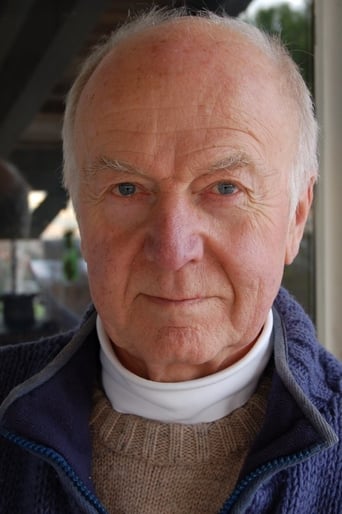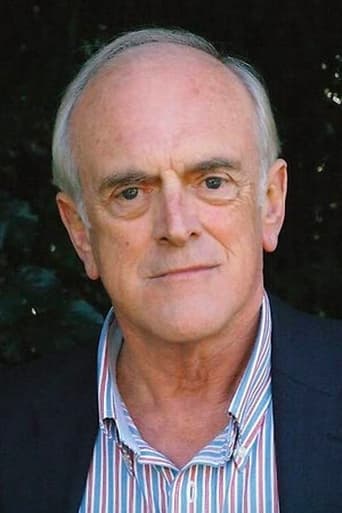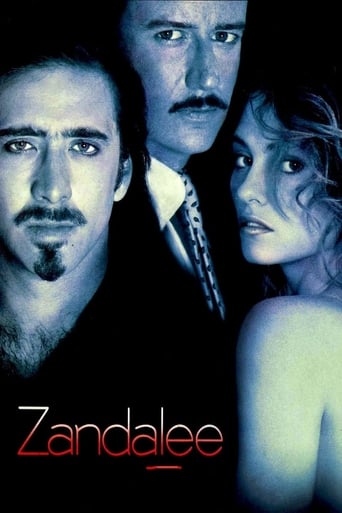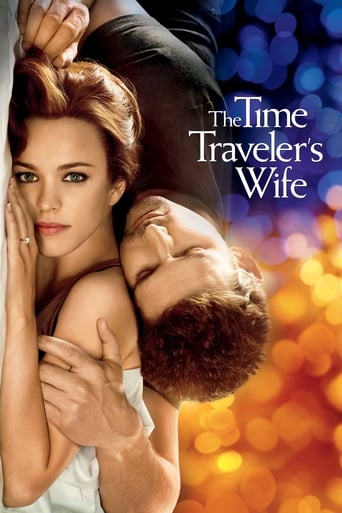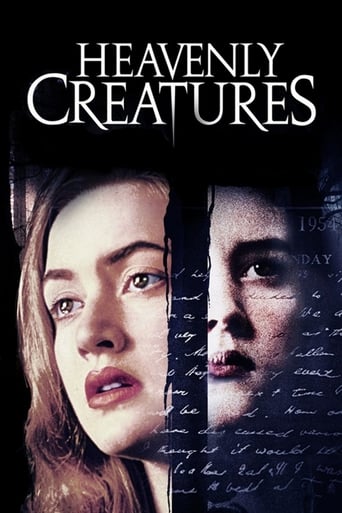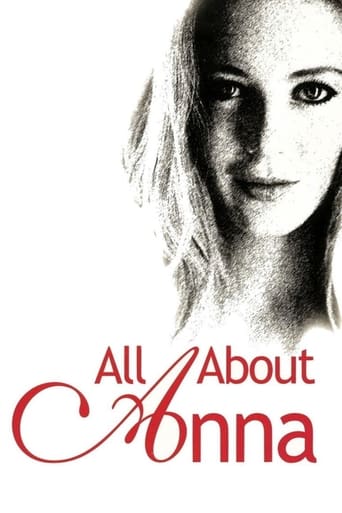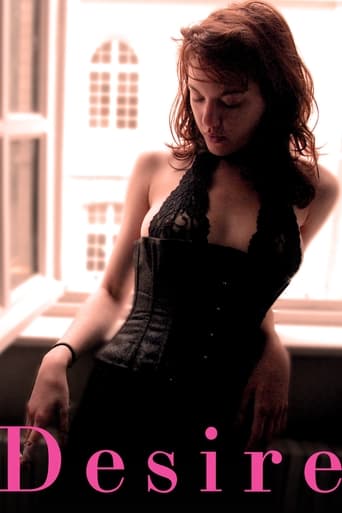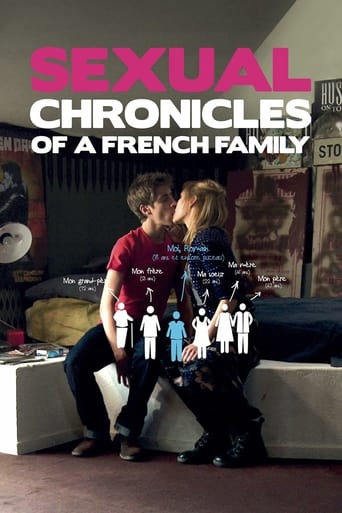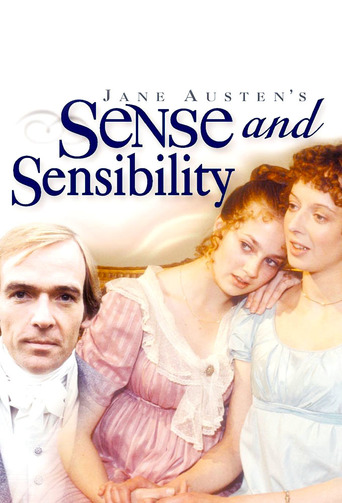

Sense and Sensibility (1981)
Two sisters of opposing temperaments find love and some heartbreak in Jane Austen's 18th century classic.
Watch Trailer
Cast


Similar titles
Reviews
Strong and Moving!
Pretty Good
Absolutely Brilliant!
This is a dark and sometimes deeply uncomfortable drama
In the 1970s and 1980s, the BBC dramatised all Austen's six completed novels. They reached a high note with Fay Weldon's definitive Pride and Prejudice, which is still the benchmark for screen adaptations of Austen (and far superior to the syrupy 1995 version). This Sense and Sensibility followed two years later and is inevitably something of a let down. In recent years it has also suffered by comparison with Emma Thompson's masterly movie adaptation.This version has the advantage of an extra hour in which to tell the story. It can include characters that Thompson had to omit, such as Lucy's silly elder sister and Lady Middleton and her spoilt children and can include scenes that she had to cut (in particular the confrontations between Elinore and Lady Ferrars and Elinore and Willoughby). It also helps that key characters are closer to their right ages. In the movie, Robert Hardy is not only 30 years too old to be Sir John Middleton, but is actually two years older than the actress playing his mother-in-law. Similarly, Thompson's Elinore and Rickman's Colonel Brandon are a dozen years older than Austen's characters. Overall, it feels like a more faithful adaptation of the book.However, this is not necessarily important. Because Emma Thompson knew she was going to have to condense the story she had to think much more carefully about what she wanted to get from the book. Her free adaptation actually improves on Austen in certain respects. She dramatises the process of Elinore and Edward falling in love (Austen simply tells us this has happened in the prologue). This soon pays dividends, because in the book, apart from one visit to Barton Cottage and a couple of short stilted meetings in London, Edward disappears until the closing chapter. In the book, Marianne and Willoughby fare better, but her eventual husband, Colonel Brandon, also disappears for long stretches and there is relatively little interplay between the two rivals. Emma Thompson realised that the key relationship is actually that between the sisters and that is what she puts at the heart of the story. Their lovers are almost incidental.The failure of this TV version is that although it can be more expansive and include more characters and more incidents, it doesn't have the same sense of purpose. In particular, it never really establishes the relationship between the sisters. Irene Richards (who was a superb Charlotte Lucas in P & P) plays Elinore as somewhat more spiky and confrontational than did Emma Thompson. She is much more openly critical of Marianne and less indulgent with her and for much of the time they seem to actively dislike each other (she is also too nakedly hostile to Lucy Steel). Tracy Childs is a good Marianne, but perhaps too much of a spoilt brat at times. The relationship between the two never quite works and with that failure the production is doomed.Nonetheless, there are incidental benefits. Many of the performances are good. I have a lot of time for Bosco Hogan's Edward and Peter Woodward's Willoughby. I also liked this Mrs Palmer (although the underwritten Mr Palmer suffers in comparison with Hugh Laurie's character). What is ultimately disappointing is the vagueness of the writing and direction. Too often this production simply misses the point of a scene. For example, it is not sufficiently clear that Mrs Ferrars gives precedence to Lucy as a snub to Elinore. Or again, that Fanny invited the Steels to stay with her in order to prevent her husband from inviting Elinore and Marianne. This is a question of fudging simple plot points, but far more inexplicable is the fact that when Willoughby turns up in the middle of the night to see Marianne he is apparently unaware that she is ill - that was the reason he came!Although I think this is probably the most disappointing of the six BBC Austens (Northanger Abbey is less satisfactory but more inventive), it is still a decent enough production and I am glad to have it in my collection. I would recommend it to anyone that wants a more complete version of the book than Thompson and Ang Lee were able to give us. It is not as good as their movie, but is worth a viewing for all that.
While I greatly love the 1995 film, this BBC production, like the other BBC Jane Austen productions, does a better job of conveying more of Austen's insights into human nature and the tension between the duty to protect the emotional and psychological state of others and the drive to pursue satisfaction of one's own emotional desires. The exploration of this tension is the great theme of Austen. The major strength of this production as compared to the 1995 version is the character of Marianne, which in turn changes and deepens the relationship of the two sisters, Marianne and Elinor. In the 1995 version Marianne is more indiscreet with Willoughby and more scornful to Elinor, rejecting all of Elinor's counsel to be more restrained. As a result, it is hard to see that the two women have any relationship at all, other than the happenstance they are sisters and live in the same house. Here, Marianne declines an improper gift from Willoughby (a horse) after Elinor explains its impropriety (this incident is not in the 1995 version), and overall, she does not let the fact that she is more passionate than Elinor lead her to be dismissive of Elinor. Thus it is possible to see why these two might be close, even before Marianne discovers how much emotion Elinor has in fact been feeling since learning of Edward Ferrars' secret engagement. And later, when their greedy brother asks them to cut-off all relations with Edward Ferrars (a scene not in the 1995 version), and Elinor springs up and refuses, Marianne also springs up and says "bravo" and then the two sisters walk out arm-in-arm. Thus we see a real bond between these sisters that we never see in the 1995 version. I liked the portrayal of the Marianne character better in this version than in the 1995. As to all the rest of the characters, the actors portray them as basically the same people as in the 1995 version, but uniformly the acting in the 1995 version is more evocative and powerful. However, I have a particular fondness for the actress here who plays Elinor, Irene Richard, because she also plays Charlotte Lucas in the 1985 BBC Pride and Prejudice, one of my great favorite productions that I have seen many times. While good sense is a hallmark of both characters, she portrays them differently; it is impossible to imagine her Elinor Dashwood marrying a buffoon as did her Charlotte Lucas marry Mr. Collins in P&P, or defer to such a one as Lady Catherine de Bourgh. I particularly liked her in a scene not in the 1995 version, where Willoughby comes to the Palmer's house in the night, drunk and wanting to see Marianne (not knowing she is very ill) and Elinor treats him with the blunt coldness he so richly deserves. I also appreciated the way this version handles the climactic ending scenes; while the 1995 is emotionally more powerful, this version has power enough.
I have to disagree that the male performances were bland. Bosco Hogan did a very good job as the self-effacing Edward, and Douglas' portrayal of Sir John Middleton was so lively that as far as the interpretation of this character is concerned, the later S&S actor seems to have borrowed heavily from prior precedent. And Peter Woodward makes a dashing Willoughby, every bit as convincing as the more recent Willoughby. Woodward's voice and elocution are fantastic, and he sings remarkably well. I also enjoyed Marianne's performance in particular. In many ways, this adaptation is more faithful to the novel. The only flaw is that it begins in medias res rather than at the beginning, and it begins with a strangely stilted introduction, but that can be overlooked due to the brilliant performances, which improve with every minute of the film.
An excellent adaptation of the Austen novel, though the production values can`t compare with the later film. The script is faithful to the original. The performances by the male leads are a bit bland.


